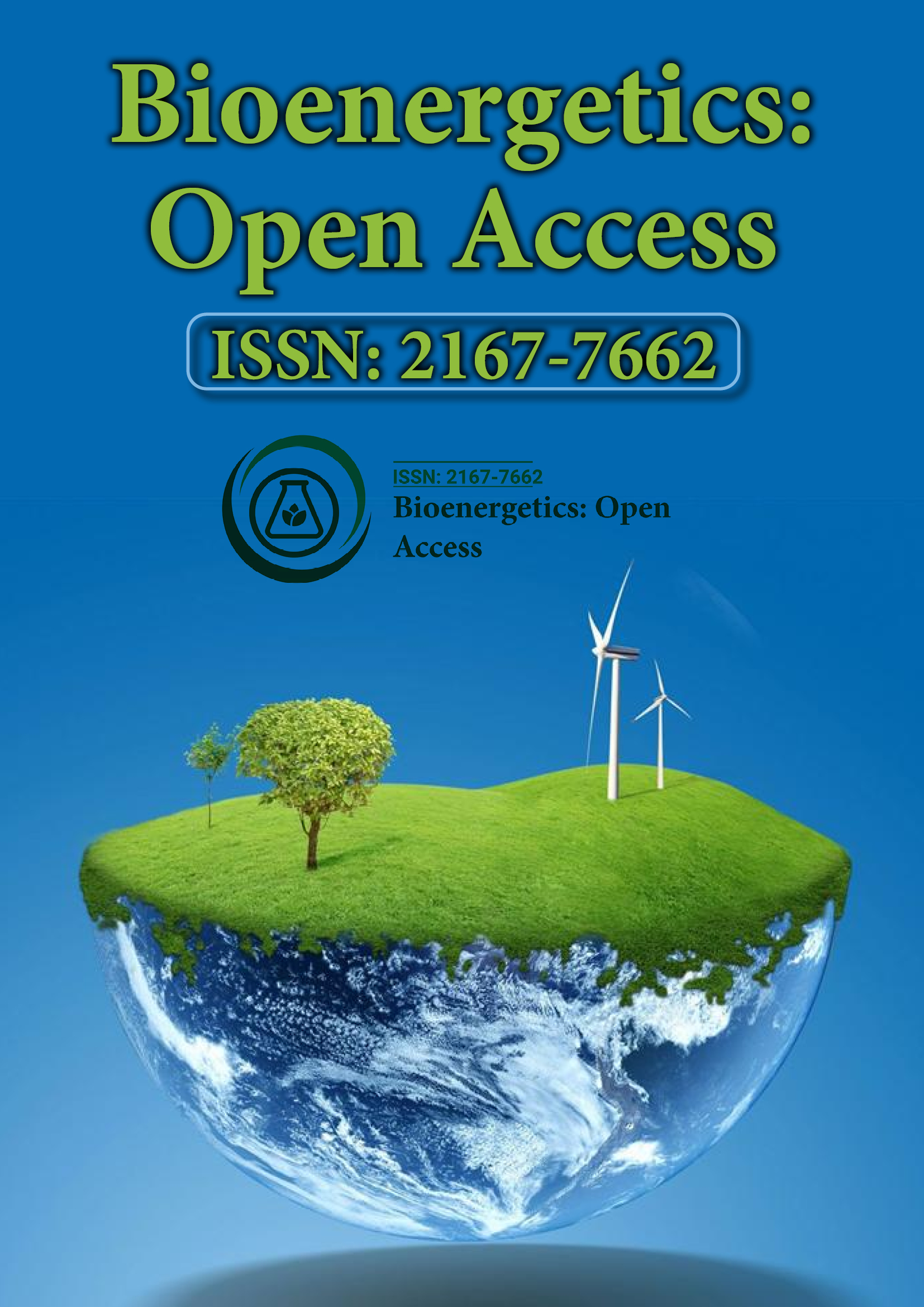Indexed In
- Open J Gate
- Genamics JournalSeek
- Academic Keys
- ResearchBible
- RefSeek
- Directory of Research Journal Indexing (DRJI)
- Hamdard University
- EBSCO A-Z
- OCLC- WorldCat
- Scholarsteer
- Publons
- Euro Pub
- Google Scholar
Useful Links
Share This Page
Journal Flyer

Open Access Journals
- Agri and Aquaculture
- Biochemistry
- Bioinformatics & Systems Biology
- Business & Management
- Chemistry
- Clinical Sciences
- Engineering
- Food & Nutrition
- General Science
- Genetics & Molecular Biology
- Immunology & Microbiology
- Medical Sciences
- Neuroscience & Psychology
- Nursing & Health Care
- Pharmaceutical Sciences
Production of hydrogen by biomethane microwave plasmalysis: A CO2 negative process with impact on the energy transition
17th World Congress on Biofuels and Bioenergy
April 03-04, 2023 | Barcelona, Spain
Damien Dussol*, Alvaro Martin Ortega, Arnaud Boutibonnes and Marilena Radoiu
Sakowin, France Microwave Technologies Consulting, France
Scientific Tracks Abstracts: J Bio Energetics
Abstract:
At present our society is facing two related challenges: depletion of hydrocarbon fuel resources and the worrying prospects of global climate change associated with enormous volumes of fossil-derived CO2 emissions. Currently the global predominant energy sources are fossil-based, i.e. coal, oil, natural gas and their usage results in the release of ∼32 billion metric tons of CO2/year in the atmosphere. As such, the development of new alternative ways to produce and store energy as well as new industrial technologies must be based on environmentally responsible solutions. One of the best options to produce carbon-free energy is the decarbonization of fuel energy. In this perspective, it is expected that hydrogen (H2) will play an important role in the world’s future. Hydrogen, one of the most abundant elements on Earth, has the potential to dramatically reduce our dependence on fossil fuels. A potential source of H2 is biomethane also known as ‘renewable natural gas’, a gas with high potential of reducing the release of greenhouse gases. Biomethane can be decomposed into H2 and solid carbon. Microwave sustained plasma appears to be an excellent candidate for the activation of the thermodynamically stable methane molecule, as it is an excellent power transfer medium (electrons to molecules) and is compatible with sustainable electricity. This work concerns the characterization of methane discharges in a 2.45 GHz microwave reactor sustained at atmospheric pressure for the development of an efficient source for H2 production. The experimental protocol takes into consideration various gas mixture constituents and operating conditions, e.g., flow rate, microwave input power, as to optimize the decomposition of methane molecule into H2 and solid carbon. The economics of microwave-assisted plasma methane decomposition as a hydrogen source are evaluated.
Biography :
Damien Dussol has been passionate about energies since his Master in Chemistry and Chemical Engineering in 2016. That led him naturally to the French Institute of Petroleum and New Energies where he obtained his PhD with a thesis related to the transformation of ethanol into butadiene, a key compound of the Oil & Gas industry, traditionally produced from petroleum. After a postdoc studying the Haber-Bosch process in a BASF daughter company, he started to work as a chemistry specialist at Sakowin Green Energy, France, a pioneer of the energy transition.
